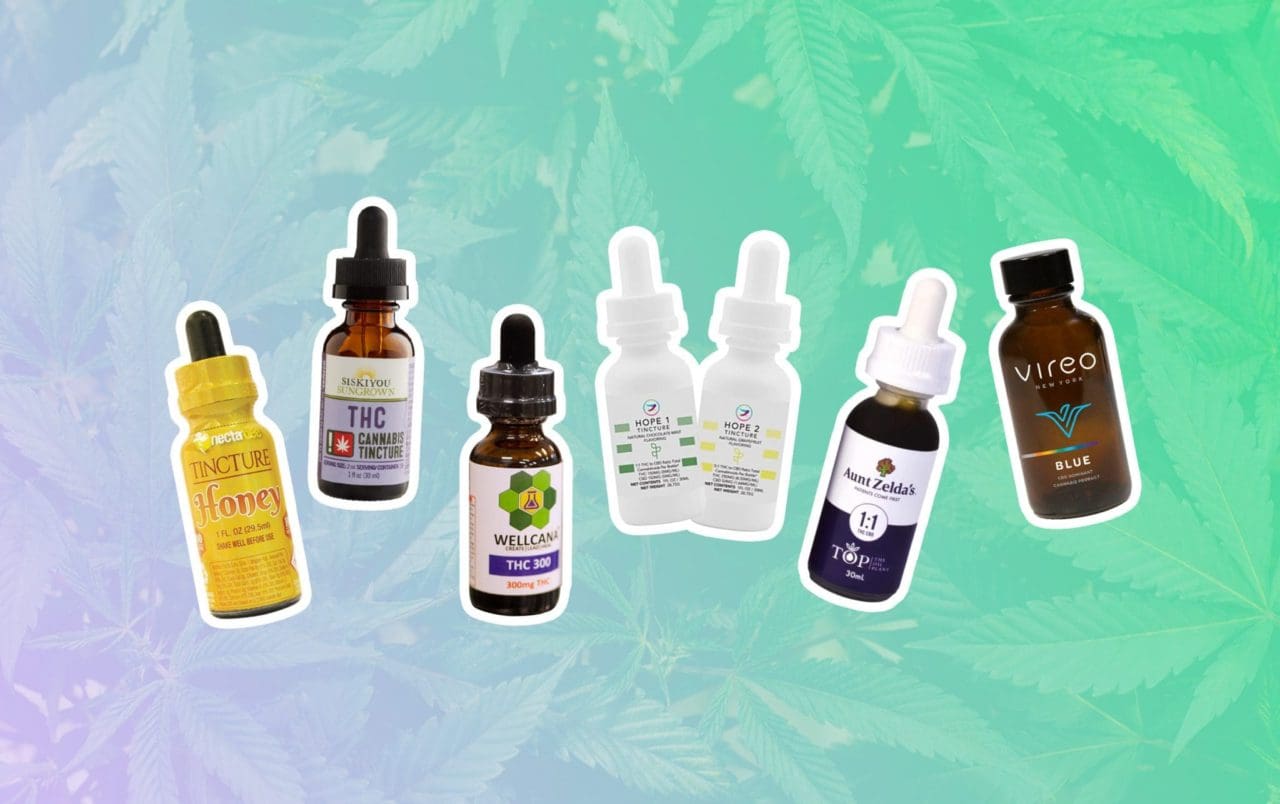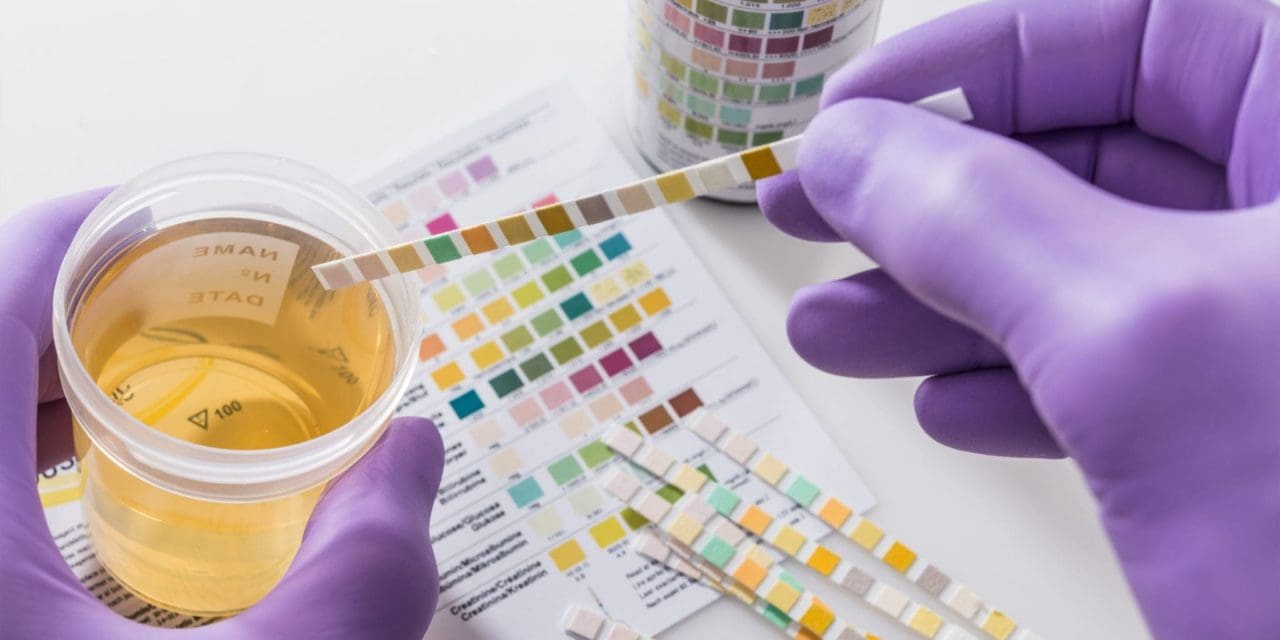What Is Full-Spectrum CBD?
3 min read



Full-spectrum CBD products contain a full range of cannabinoid compounds from the hemp or cannabis plant, including trace amounts – but no more than 0.3% – of tetrahydrocannabinol (THC).
Extracted and unrefined from the plant material, full-spectrum CBD products activate the entourage effect. They allow your body to enjoy the benefits of the many components medical cannabis has to offer.
Get your medical marijuana card
Connect with a licensed physician online in minutes.
Larger purchase limits Access to higher potency strains Save up to 40% on product taxes Enhanced legal protection
What Is Full-Spectrum CBD?
As its name implies, full-spectrum cannabidiol (CBD) contains the full spectrum of chemical compounds from high-CBD cannabis or hemp plants, including whatever trace amounts of THC it may include. It’s important to understand that full-spectrum CBD derived from hemp plants is federally legal, while full-spectrum CBD derived from cannabis plants is permitted only in regulated states.
Full-spectrum CBD is extracted from hemp plants into CBD oil and experiences no further refinement or processing. As a result, full-spectrum CBD offers perhaps the most potential health benefits compared to CBD isolate or broad-spectrum CBD, thanks to the interplay of cannabinoids and chemicals within our endocannabinoid system and the entourage effect.
While it cannot contain more than 0.3% THC to be federally legal, full-spectrum CBD oil offers CBD, cannabinol (CBN), cannabigerol (CBG), tetrahydrocannabivarin (THCV), cannabichromene (CBC), terpenes, flavonoids and other plant materials alongside their host of benefits. The exact chemovar depends on the batch and the genetics of the plant from which the oil was extracted.
The extracted full-spectrum CBD oil is then combined with a carrier, such as a coconut oil or MCT oil, to enable the body to absorb it in the form of a tincture within a capsule or mixed into edibles.
When to Use Full-Spectrum CBD
Full-spectrum CBD products are the best choice for individuals seeking the full benefits of cannabis’ chemical bounty working in an ensemble (the entourage effect). Ultimately, however, it’s down to the user’s preference. If you need to avoid THC appearing on a drug test but still want the benefits of other cannabis compounds, broad-spectrum may be the best fit. CBD isolate is best for those who want pure CBD or to be more inventive with how they use their medicine.
There’s no definitive answer as there’s no one-size-fits-all; the CBD type that works best for one person may not work for someone else.
How Full-Spectrum CBD Works
Full-spectrum CBD works the same as other cannabis products. CBD and the other compounds in a product directly or indirectly interact with the user’s endocannabinoid system and produce myriad benefits depending on the precise formulation and ratio of individual chemicals.
However, while full-spectrum CBD is psychoactive in impacting brain activity, it will not get you high as THC does. By federal law, CBD products can contain no more than 0.3% THC, which isn’t enough to produce the euphoria of other medical marijuana products.
Potential Health Benefits and Uses
A decent-sized body of research supports CBD’s many potential health benefits, even though more research is needed to reach any definitive conclusions.
To date, the existing studies primarily suggest CBD’s anti-inflammatory and anti-anxiety properties as its primary benefits. Due to these properties, CBD boasts promising potential in symptoms arising from the following health concerns:
- Depression/anxiety
- Appetite issues
- Chronic pain
- Nerve pain
- Epilepsy or seizures
- Arthritis and other inflammatory health conditions
- PTSD
- Mood disorders
- Sleep disorders
More recent studies also point to the neuroprotective potential of CBD as a potential preventative or treatment for Alzheimer’s, multiple sclerosis, and other neurological disorders.
Potential Risks and Side Effects
There are generally no adverse side effects or risks from consuming CBD. However, CBD can interact with several medications, prolonging their presence in the body and causing potentially detrimental side effects. Other, often less serious side effects include dry mouth, GI upset, diarrhea, drowsiness, fatigue, and appetite loss. Consult your doctor to determine whether CBD presents any drug interaction risk with your current regimen.
Get Your Medical Card
Connect with a licensed physician online in minutes.
Larger purchase limits Access to higher potency strains Save up to 40% on product taxes Enhanced legal protection


